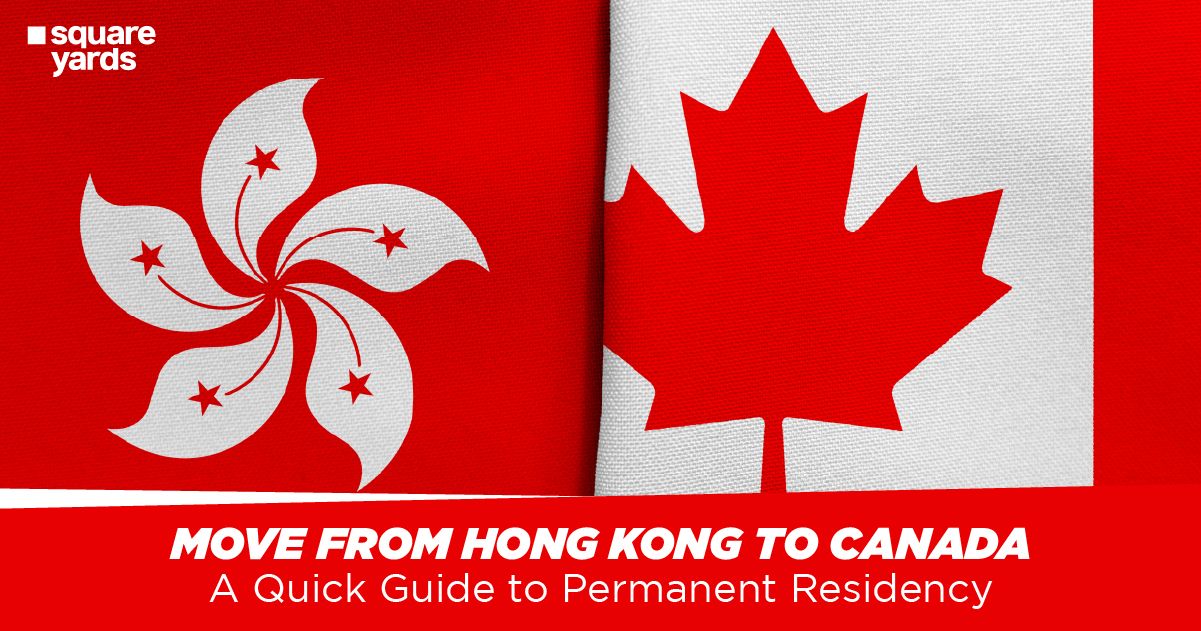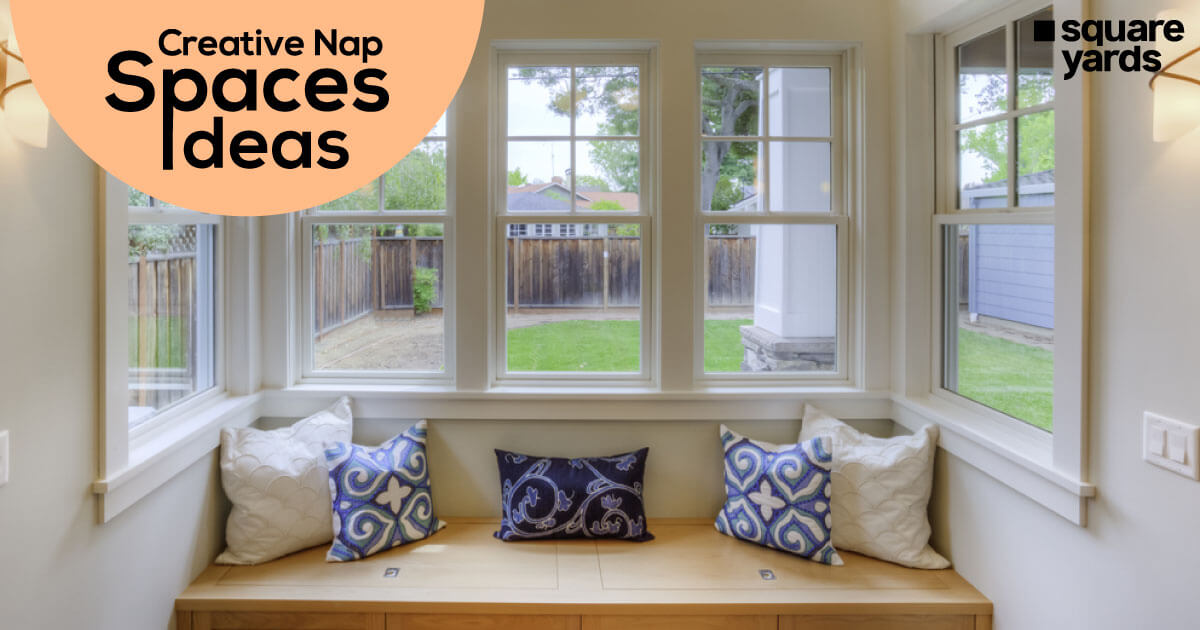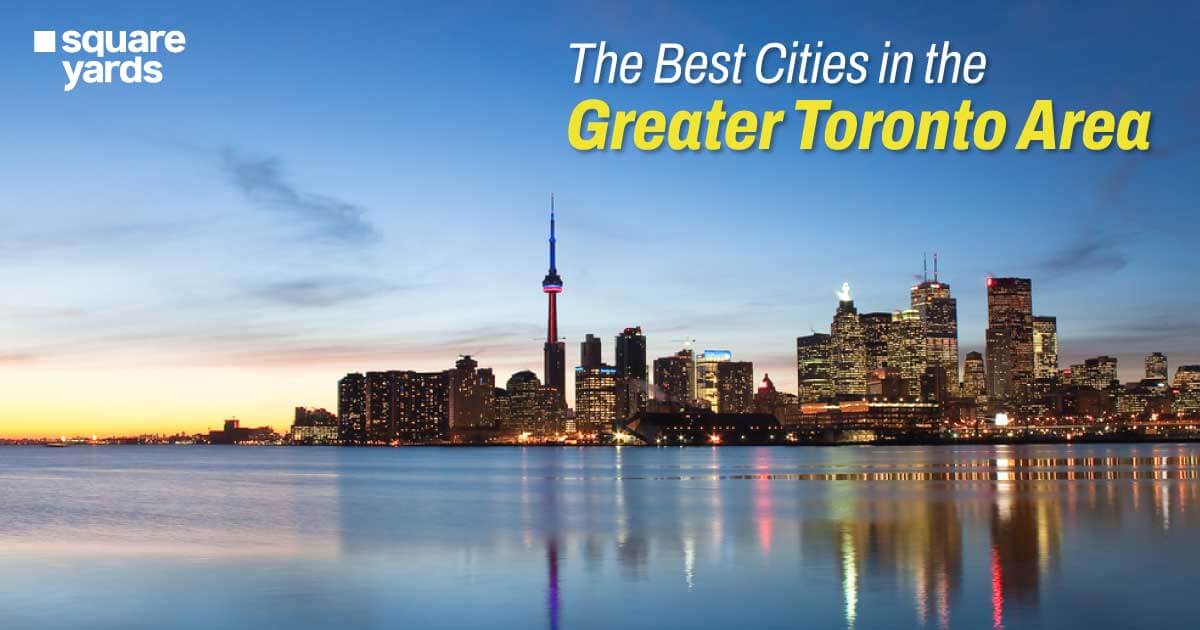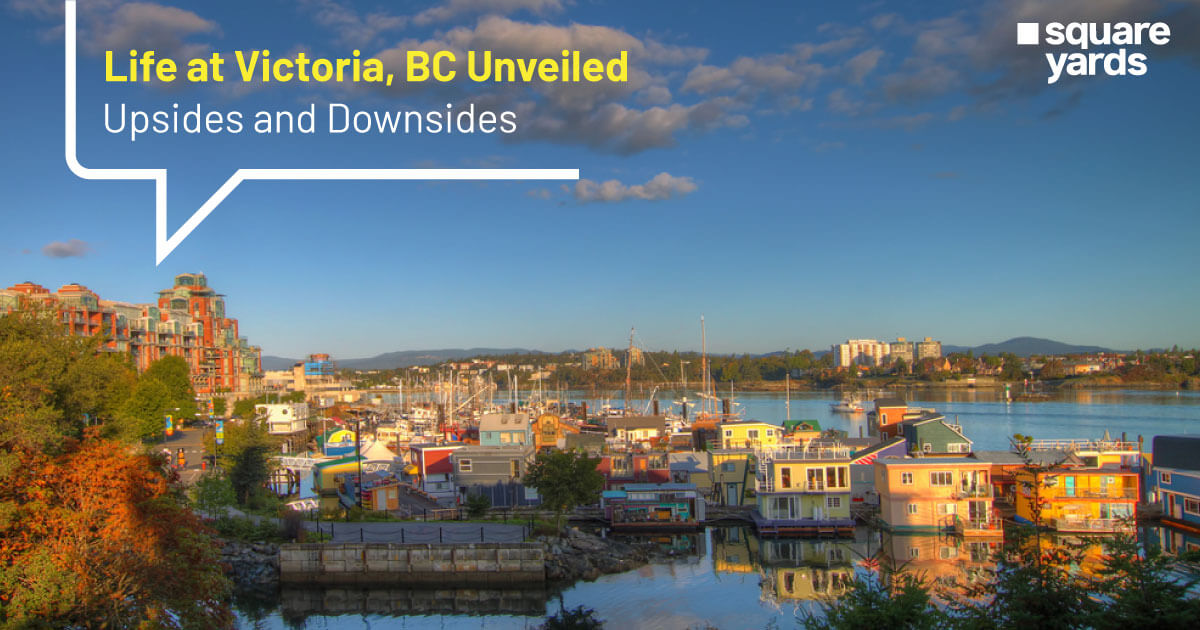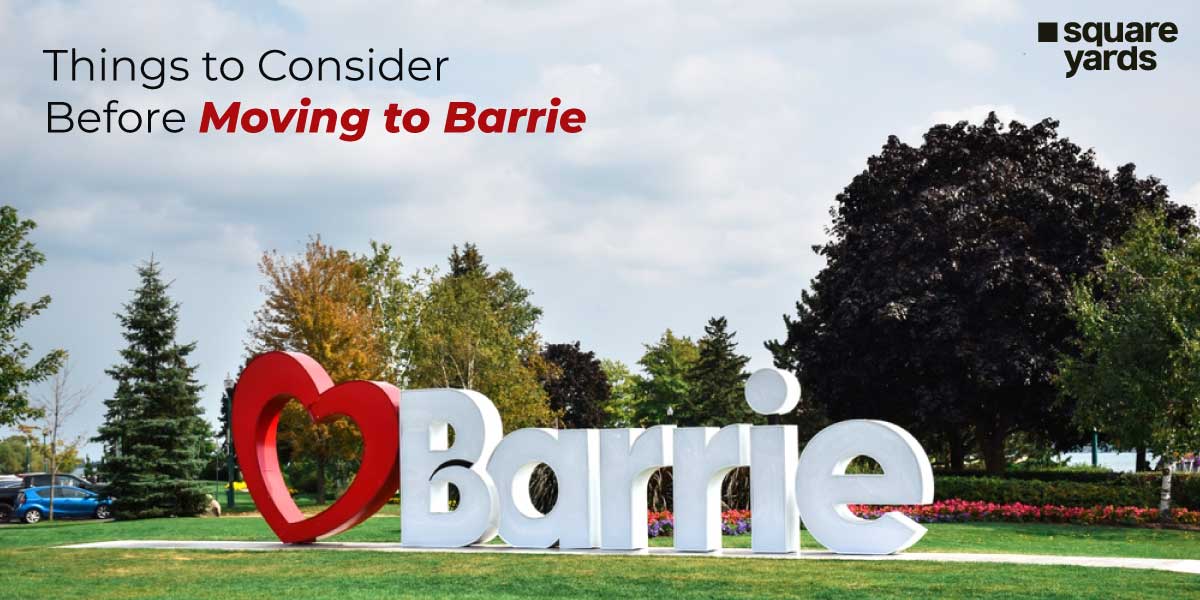Noise regulation in Canada is governed by the Canadian Environmental Protection Act (CEPA). CEPA requires all provinces and territories to develop and implement their Canada noise restrictions. These noise laws protect public health and safety by limiting exposure to excessive noise. Excessive noise can lead to several health problems, including hearing loss, tinnitus, and cardiovascular disease.
There are several different ways that Canada noise restrictions can be implemented. For example, provinces and territories may limit the noise that certain types of equipment or machinery can produce. They may also establish quiet zones where people are regularly exposed to high noise levels.
This blog post will look at these Canada noise restrictions and how they can help reduce noise pollution in our communities!
Neighbourhoods Noise Regulation
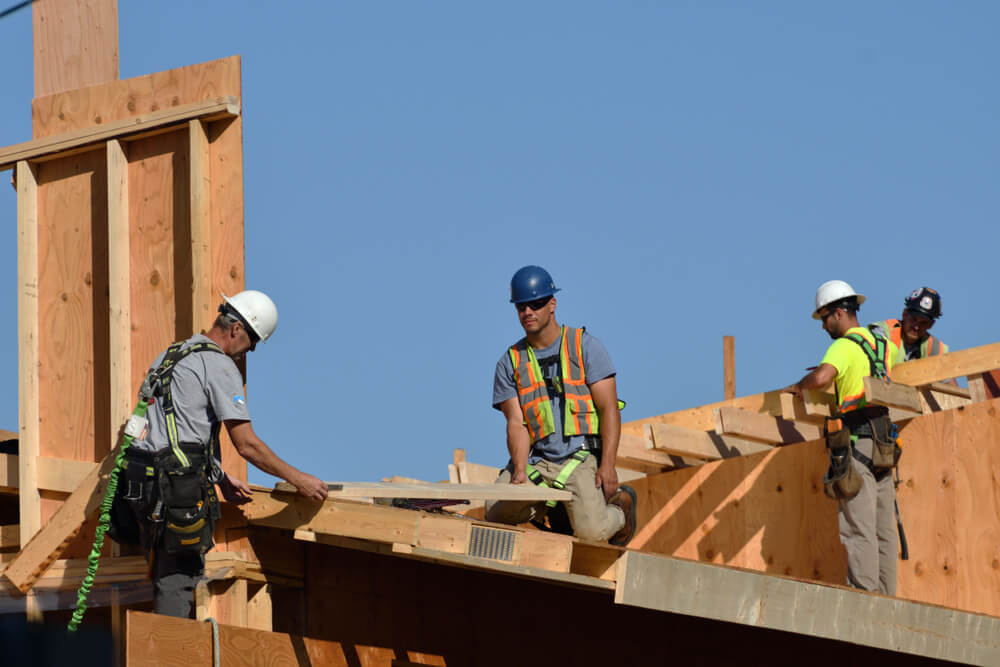
In residential areas in Canada, noise regulations may be implemented to address various disturbances. Common Canada noise restrictions address issues such as:
-
- Construction Noise : Local by-laws generally regulate construction noise. Construction hours are typically restricted to weekdays from 7 am to 7 pm. However, some municipalities may have different hours or allow exceptions if the work is considered necessary or emergency.
- Party Noise : The best way to deal with party noise is to talk to your neighbours and agree on what is acceptable. If you live in an apartment building, you could also speak to your landlord or property manager about implementing a Quiet Hours policy.
-
- Vehicle Noise : Many believe that the best way to deal with this type of noise is through public education campaigns promoting quieter driving habits. However, some municipalities have implemented laws and regulations around vehicle noise, such as prohibiting excessive engine braking or honking and establishing quiet zones in residential areas.
Noise Regulations in Toronto
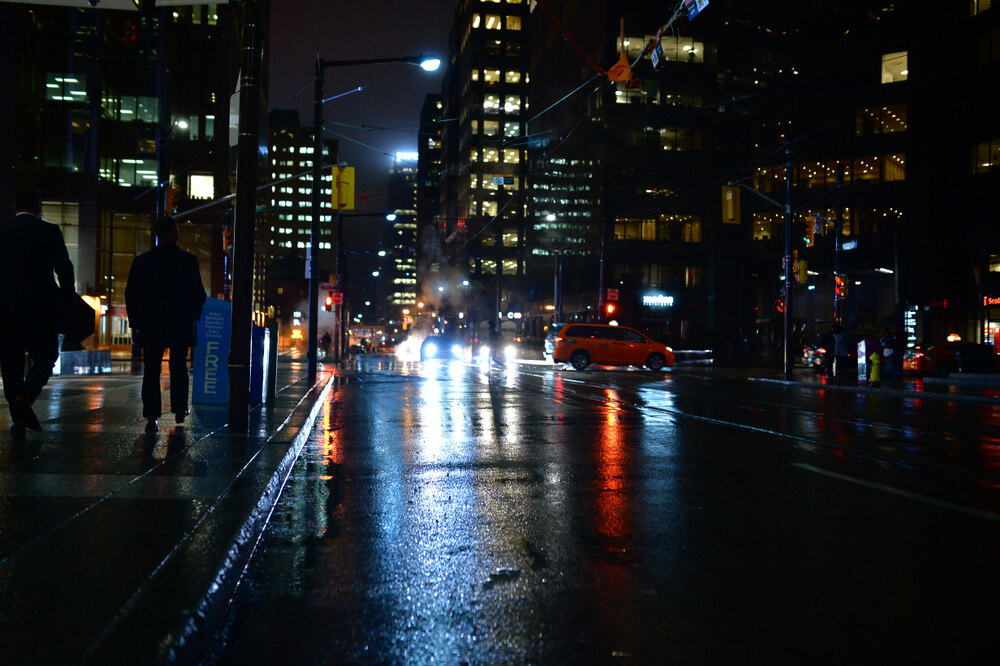
In Toronto, noise regulations are set by the City of Toronto’s Municipal Code. Some of the key Canada noise regulation in Toronto include:
-
- The City of Toronto’s noise by-law (No. 591-2013) prohibits any unreasonable noise that may disturb another person’s peace, quiet and enjoyment.
- The city’s construction Noise Bylaw regulates noise (No. 486-86).
- The Canadian Noise Regulation (CNR) was developed under CEPA and came into effect on December 15, 2006. The CNR sets out requirements for the control of construction noise, including limiting work hours, setting minimum sound levels, and requiring mufflers or other noise-reducing devices.
- The city also has a Noise Control Program to address other types of noise, such as from vehicles, barking dogs and amplified sound from commercial establishments like bars and nightclubs.
- The noise regulations are enforced by Toronto Police Service officers and Municipal Licensing & Standards officers.
- Penalties for violating the noise regulations can range from a $500 fine for a first offence to a maximum fine of $100,000 for subsequent offences.
Noise Regulations in Montreal
Several noise regulations are in place in Montreal. The most important is the zoning by-law, which determines where different noise-producing activities can occur. Some key Canada noise restrictions include:
-
- These noise regulations apply to all types of noises, including music, car stereo systems, and construction equipment.
- The maximum permissible noise level is 55 decibels during the day and 50 decibels at night.
- If you are bothered by noise from a neighbour’s apartment or home, you can contact the city’s 311 services to complain.
Noise Regulations in Calgary
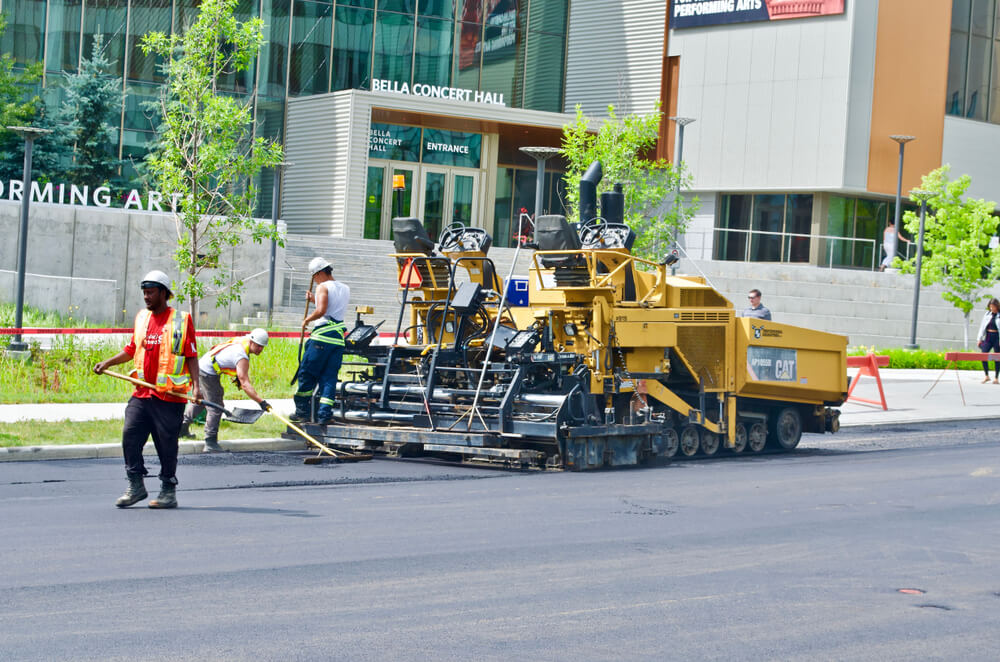
There are a variety of noise regulations in Calgary that aim to protect both residential and commercial areas from excessive noise. Some key noise laws include:
-
- No amplified sound is allowed between 10 PM and 7 AM in any residential area (Monday to Saturday); 10 pm to 7 am (Sundays and Holidays).
- All construction work must stop by 10 pm in any residential area.
- Excessive vehicle noise is not permitted at any time in any residential or commercial area.
- Failure to comply with these regulations can result in a fine of up to $250.
Noise Regulations in Ottawa
The capital city of Ottawa has its own noise regulations that are enforceable by law. Some key noise regulations include:
-
- Noise levels must be kept below 50 decibels (dB) during the daytime and 45 dB at night.
- In Ottawa, construction noise is regulated by the city’s Noise By-law. Violations of the by-law can result in fines of up to $5,000 for individuals and $10,000 for businesses.
- The by-law prohibits construction activity that creates noise that can be heard inside a nearby building.
Noise Regulations in Edmonton
Edmonton has quite a few regulations in place as well regarding noise pollution. Some key noise regulations include :
-
- If you believe someone is violating the Noise Bylaw, you can report it to 311, and an inspector will be sent out to investigate.
- The hours of 7 am to 10 pm, seven days per week, should be the quietest. The hours in which some forms of noise, such as construction noise, are considered acceptable are not exhaustive.
- The city has the authority to issue fines for excessive noise levels.
Noise Regulations in Mississauga
Mississauga has a noise by-law that outlines when and where noise is permitted in the city. Some of the key noise regulations include:
-
- Noise levels are measured using the “day-night average sound level” (DNL).
- The town has a noise level of a maximum DNL of 65 decibels (dB) during the day and 55 dB at night.
- The city can take action against businesses or individuals that violate noise regulations, including issuing fines or orders to cease activities that generate excessive noise.
- In Mississauga, noise regulations are enforced by the city’s Noise Bylaw. Penalties for violating the Noise By-law can range from a minimum $50 fine to a maximum $5,000 fine for businesses and $25,000 for corporations.
Noise Regulations in Winnipeg
Some key noise regulations in Winnipeg include:
-
- The City of Winnipeg’s maximum allowable noise level is 55 decibels (dB) during the day and 50 dB at night.
- Failure to comply with a noise abatement order can result in fines of up to $5,000 for individuals and $10,000 for businesses.
- The city also has a by-law prohibiting amplified sound from being audible beyond 150 metres.
Noise Regulations in Vancouver
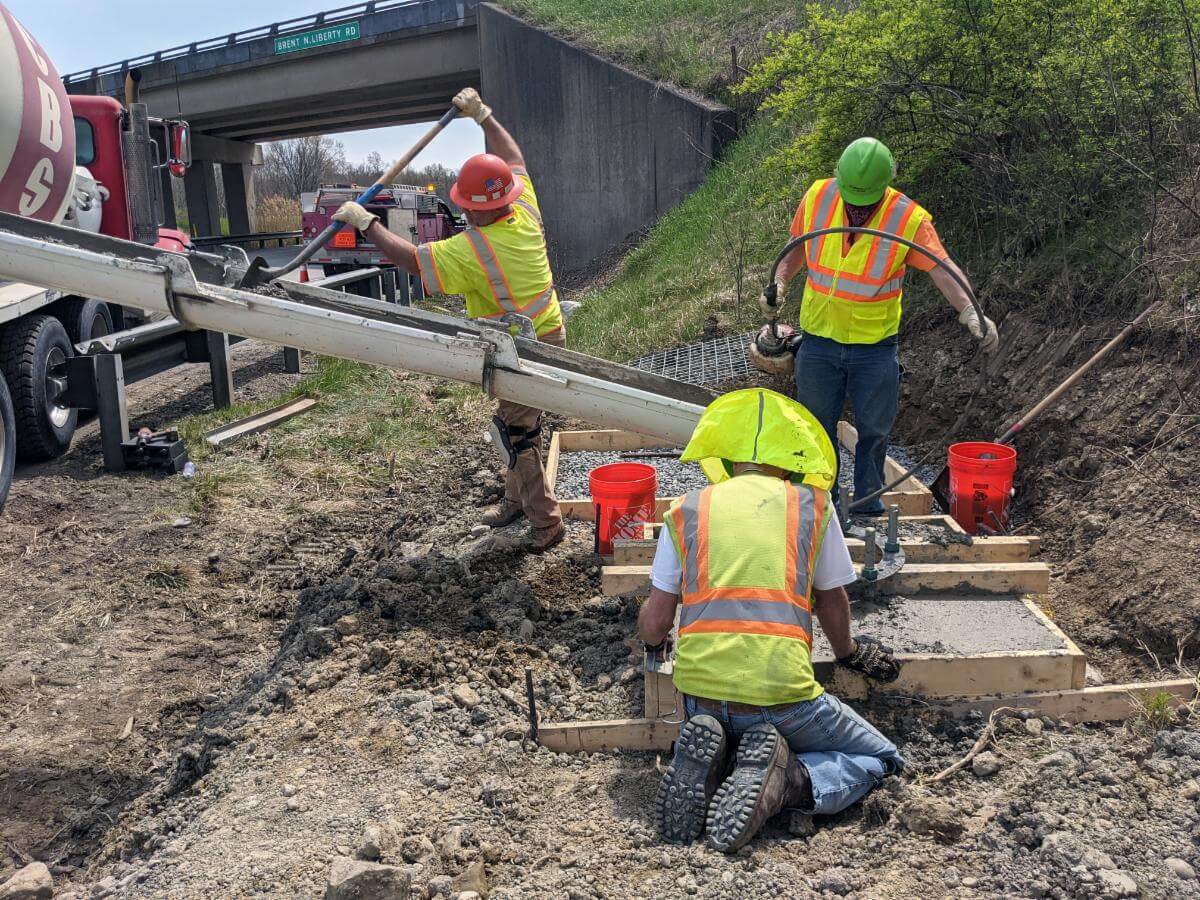
There are several noise regulations in Vancouver that aim to keep the city quiet and peaceful. Some key neighbourhood noise laws include:
-
- Noise levels are measured in decibels (dB), and the city has set a maximum noise limit of 70 dB for residential areas during the daytime.
- In Vancouver, noise regulation fines are designed to deter and punish offenders who create excessive noise that disturbs the peace. The penalty is based on the severity of the offence and whether it is a first or subsequent offence.
1. First Offense : up to $100
2. Second Offense : up to $200
3. Subsequent Offenses : up to $500 - There are some exemptions to the noise regulation, such as for construction or emergency vehicles. However, these must still adhere to certain guidelines.
- Construction noise is regulated by the city’s Noise Bylaw and the provincial Construction Noise Regulation. The regulations vary depending on the type of work being done and the time of day.
- The City of Vancouver also offers a voluntary Noise Abatement Program to help residents reduce excessive noise from their property.
Noise Regulations in Brampton
Like many Canadian municipalities, Brampton has noise regulations to protect residents from excessive noise. Some key noise regulations include:
-
- It is strictly forbidden to make any noise between 7 PM and 7 AM during the week and between 7 PM and 9 AM on Saturdays.
- Amplified sound from events is only allowed until 11 PM on weeknights and 1 AM on Fridays and Saturdays.
- If you are experiencing excessive noise, you can call the city’s 24-hour by-law enforcement line at 905-458-3424 to make a complaint.
Noise Regulations in Hamilton
Much like the noise regulations in Toronto, Hamilton has implemented several by-laws and rules to control noise levels. Some key noise regulations include:
-
- Noise from construction sites must not start earlier than 11 in the morning. And we will finish here. Every day of the week at midnight.
- All commercial businesses must have their outdoor speakers away from residential properties.
- All vehicles must have mufflers installed and functioning correctly at all times.
Final Thoughts
Noise pollution is a serious problem in today’s world. The government in Canada has taken several steps to reduce this noise pollution, such as regulating noise levels from construction sites and setting minimum soundproofing standards for new buildings. The government also needs to increase public awareness about the dangers of noise pollution and what people can do to reduce its impact on their lives.
You May Also Read :
| Pros and Cons of Used Electric Cars | Buying a Electric Cars in Canada |
| Eco-friendly House | 10 Ways To Build Eco-friendly House |
| Cost of living in Ottawa | All About Cost of living in Ottawa |
| living in Canada | Benefits of Living in Canada |
Frequently Asked Question (FAQs)
The legal time to stop making noise in Canada is typically 10:00 p.m. local time, unless otherwise posted. However, this rule has some exceptions, such as for special events or construction work.
If you're experiencing noise that you believe violates the city's noise by-law, you can contact the city's Municipal Law Enforcement Services. You can also file a complaint with the Ontario Ministry of the Environment if you believe the noise comes from a business or industry.
Yes, you can get evicted for noise complaints in Québec. If your landlord receives multiple noise complaints from your neighbours, they may give you notice to vacate the premises. In some cases, your landlord may also take legal action against you.
According to the Canadian Noise Regulation, noisy neighbours can be classified as public disturbances. If your neighbour is excessively loud and causing a nuisance, you can file a complaint with local law enforcement. To file a complaint, you must prove that the noise is excessive and causing a disturbance. Once the complaint is filed, an officer will be dispatched to investigate the situation. If the officer finds that the noise is excessive and causing a disturbance, they may issue a warning or ticket to the offending neighbour.
If you are disturbed by noise, you can call the police non-emergency line in your jurisdiction and make a complaint. The police will usually come out and investigate the situation. If they find the noise coming from a business, they may issue a warning or ticket to the business owner.
This depends totally on the area of Canada. But, generally, you are allowed to operate at a tolerable voice level between 7:00 a.m. to 10:00 p.m. from Monday to Saturday, and on Sunday, you have to make an exception until 9:00 a.m. and can operate similarly until 10:00 p.m. at night.
Albeit, the noise as such must abide by the tolerance level and should not disturb neighbours and others, but if there is still loud noise after 10:00 p.m., then you can make a noise complaint in Ontario.
By utilising sound, the permissible exposure limit (PEL) set by OSHA for an 8-hour day is 90 dBA for all employees. The OSHA regulation employs a 5 dBA exchange rate. This implies that when the sound level is raised by 5 dBA, the duration of time a person can encounter a particular sound level to obtain an equivalent dosage is reduced by 50%.
The continuous amplification of noise, whether created by an electronic apparatus or loudspeaker, is prohibited when it exceeds a sound level of 50 dB. Moreover, such sounds are not permissible at regular levels from 11 p.m. to 7 a.m. and should not exceed 55 dB between 7 a.m. and 11 p.m.
Yes, if the bothersome noise is intolerable, then you can definitely call the police for a noise complaint in Canada.
Sound is deemed satisfactory if it ranges from 40 to 60 decibels or corresponds to the surrounding environmental noise level, whichever is greater. Noise contamination is typically any noise above acceptable levels. What is the legal time to stop making noise?
Where can I complain about noise in Toronto?
Can you get evicted for noise complaints in Québec?
What does the law say about noisy neighbours?
Can I call the local police for a noise complaint?
What time are you allowed to make noise in Canada?
What time can you make a noise complaint in Ontario?
What are the rules for noise exposure?
What is the noise curfew in Canada?
Can I call the police for a noise complaint in Canada?
What is the noise rule in Ontario?



